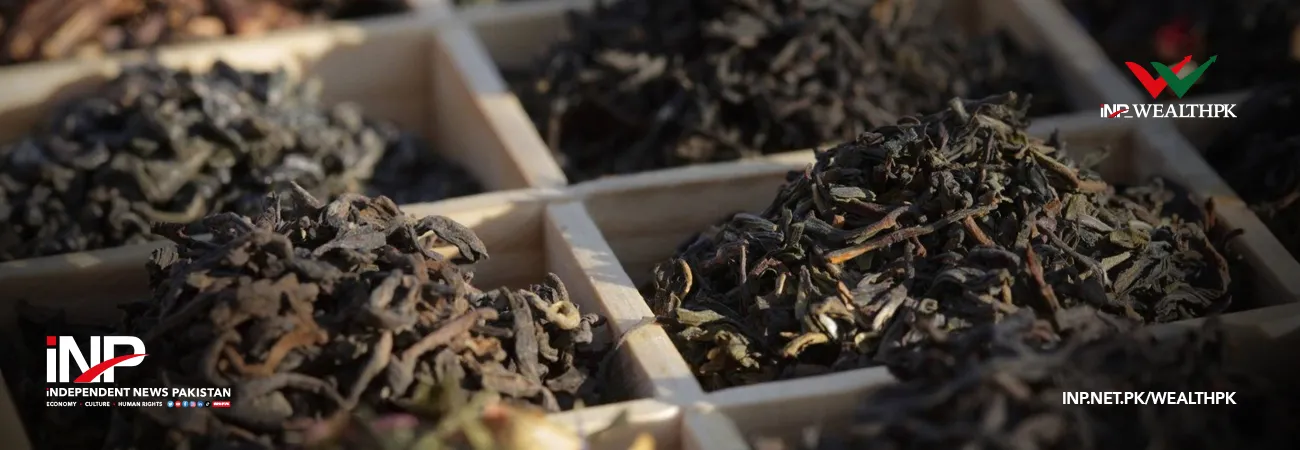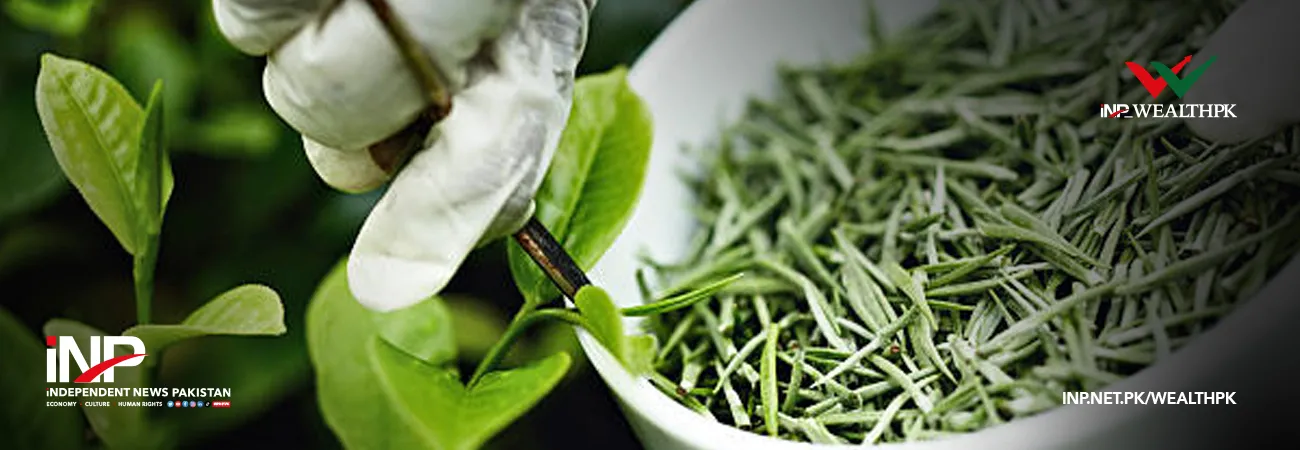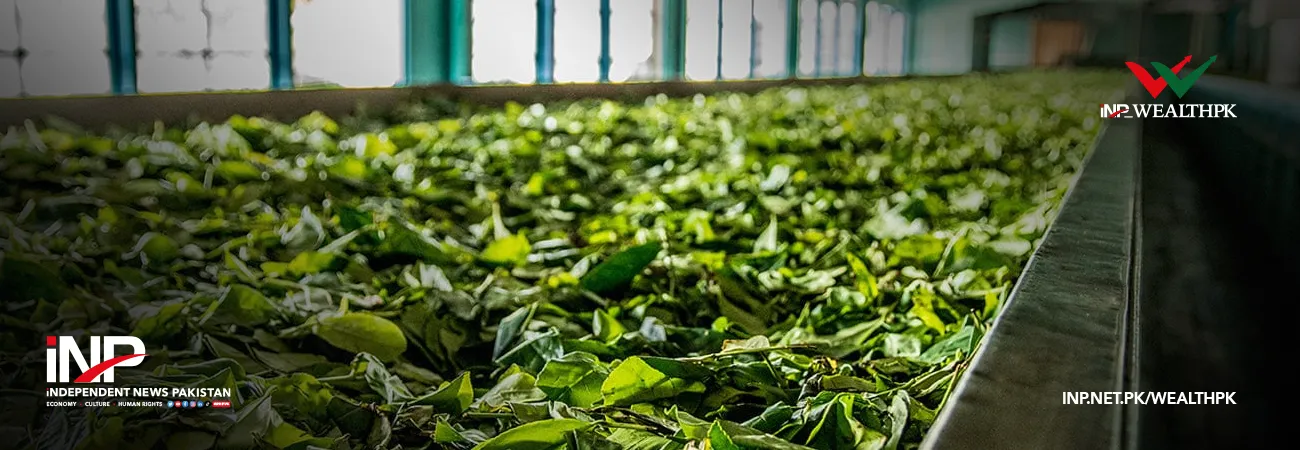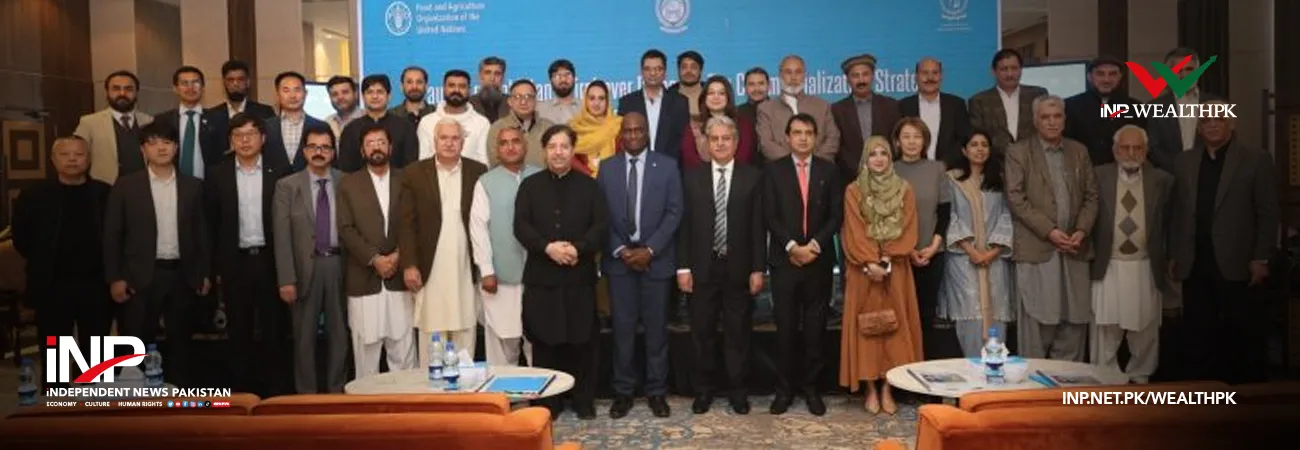آئی این پی ویلتھ پی کے
Arooj Zulfiqar
Embracing digitalization is essential for driving Pakistan’s sustainable development, as it offers transformative opportunities to enhance economic growth, improve governance, and tackle the pressing environmental challenges, reports WealthPK.
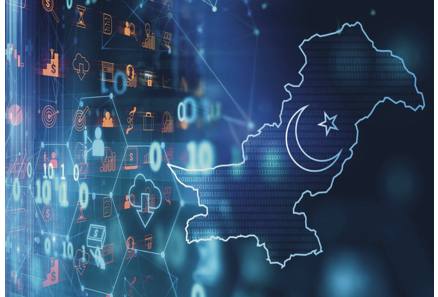
“Digitalization has emerged as a pivotal force in driving sustainable development across various sectors in Pakistan. As the country grapples with the economic challenges and environmental concerns, experts emphasize that embracing digital technologies is not just a choice but a necessity for long-term growth and sustainability,” said Dr. Sajid Amin, eminent economist and deputy executive director of the Sustainable Development Policy Institute (SDPI), while talking to WealthPK. “Digitalization is transforming industries, streamlining processes, and opening up new avenues for economic growth. Integrating digital technologies into agriculture, manufacturing, and services can significantly enhance productivity, reduce costs, and create new job opportunities. “Additionally, digitalization has the potential to revolutionize Pakistan’s economy by enhancing efficiency and transparency.
It allows businesses to innovate, access global markets, and improve their competitiveness, which is essential for driving economic growth,” he said. “One of the sectors poised to benefit the most from digitalization is agriculture, which remains a cornerstone of Pakistan’s economy,” said Nur Ullah Senior Scientific Officer (SSO) at the National Agricultural Research Centre (NARC). “By adopting digital tools such as precision farming, data analytics, and blockchain technology, the farmers can optimize resource use, increase crop yields, and reduce environmental impact. “Digital transformation in the agriculture sector can not only boost the economy but also help farmers increase their income through better crop production. In Pakistan, digitalization of agriculture has not got much attention. But if this technology gets the required attention, it can achieve great outcomes,” he said.
Nur Ullah further said, “Digital tools can help farmers make data-driven decisions, leading to more efficient use of water and fertilizers. This not only boosts productivity but also contributes to environmental sustainability, which is critical given the challenges of climate change.” While the benefits of digitalization are clear, experts warn that Pakistan must address several challenges to fully capitalize on this opportunity. These include the need for robust digital infrastructure, widespread internet access, and digital literacy. To achieve sustainable development, Pakistan must invest in digital infrastructure and ensure that digital technologies are accessible to all, including rural communities. Public-private partnerships and government policies will play a key role in bridging the digital divide and fostering an inclusive digital economy.
Credit: INP-WealthPk





